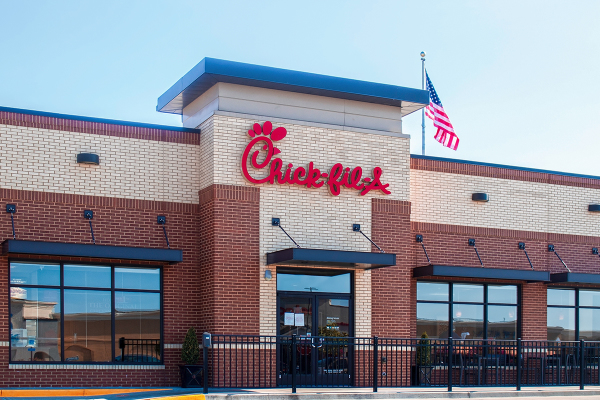Praying for Revival – To Start With Me
Recently my husband and I ventured out on a four-hour fishing trip. Aside from the nuclear sub that we saw doing maneuvers in the waters between Fort Lauderdale and Miami, there was nothing noteworthy about our trip. The only fish people were catching were trigger fish-and so we didn't have fish for dinner that evening.
That excursion has prompted me to reflect further on what I saw on that trip-and it wasn't the nuclear sub offshore. What that fishing trip on a gloomy, rainy, and overcast morning showed me was my tendency to put my own comfort above the needs of others.
I'll admit: I do not have sea legs. That limitation, combined with the fumes from the diesel engine, were enough to keep me glued to a chair for the entire trip. However, the slightly choppy waters caused even more discomfort for some of the others on the boat. Moms handed out Dramamine to reduce their kids' symptoms. At one point, as our boat captain surveyed his passengers, he remarked, "It looks like an infirmary around here!"
By the second hour I had settled into an endurance mode. I thought of the Pilgrims, and wondered at how they could have handled their grueling two month passage to America!For days on end, they had no chance to get above deck and escape the fetid conditions in their quarters below. How would I have managed? Would I have retreated into my own corner,or would I have reached out to help others who were worse off than I?
I didn't do so that morning.Instead, I clung to my chair and just waited for the trip to be over.
Randy Hekman recently commented at OneCry: A Nationwide Call for Spiritual Awakening, (OneCry.com) "While there are notable exceptions, 21st-century Americans are comfort-seeking, self-absorbed, relatively lazy and undisciplined people."
He observed,
We need to see that the American way of life in 2013 is an anomaly compared to how people have lived virtually at any other time or place in history. Can you imagine that our ancestors actually survived quite well, thank you, without electricity, cars, air travel, central heat, air conditioning, running water, or indoor plumbing?
There can be no doubt that there are tough times ahead for Americans. It may well mean that our whole standard of living declines. For decades the federal government has continued to expand its size. Congress has done nothing to curb spending. Instead it responds to special interests and feeds on people's sense of entitlement. Presidents have not been willing to pay the political price that would come if they cut entitlements. We are quickly reaching-perhaps we've already gone past-the point of no return and it's only a matter of time before all of this will catch up with us.
The question we have to ask is how will each of us respond to increased hardship? Some are facing it now. Our elder generation survived the Great Depression. Perhaps they won't be around for the next economic meltdown, but most of us in my generation no doubt will be. I wonder, how will I respond? When I'm put in a situation of stress and social upheaval, will I seek my own comfort and safety and ignore the needs of those around me? Or will I extend myself to others who are in greater need than I, and reach out to them with the love of Christ?
Since 2008, there has been a steady decline in people's giving. Churches and charities are feeling the impact. According to a Barna Research survey in April 2012, Americans in general have reduced their donations to churches and religious centers by 34 percent. In 2008, 20 percent did. These percentages are no different for practicing Protestants. In 2008, 19 percent reduced their giving and the 2012 figure was 33 percent. Also, six percent of Protestants and 4 percent of Catholics have now stopped giving to their churches altogether.
What does this say about the extent Christians are willing to sacrifice of their own comfort in order to help their churches carry on with works of mercy, evangelism, and missions? One third are saying, "We'll cut back on our giving when we face hard times." Perhaps these figures reflect changes in income-if a person is making less their tithe will be less. But other research by Barna shows that only 24 percent of evangelical Christians were tithing in 2007, just before the recent bubble burst.
Jesus said that if we give a cup of water in His name, we will be rewarded (Mark 9:41). Paul said he had learned how to be content in whatever state he was in (Philippians 4:11). He wrote to Timothy "And having food and clothing, with these we shall be content. (1Timothy 6:8). Hebrews 13:5 states, "Let your conduct be without covetousness; be content with such things as you have" and then gives us the wonderful promise: "For He Himself has said, 'I will never leave you nor forsake you."
Contentment is the antidote to covetousness, and it is the foundation for service to others.
For when we are content in Christ our focus moves away from ourselves and on to others. Instead of looking inward and thinking of what we lack, we look upward to Christ and outward to others to see what they need.
Many of us will join together in praying for our nation on the upcoming National Day of Prayer on May 2nd. Many will be praying for revival. My first prayer will be for revival to start-with me.





















